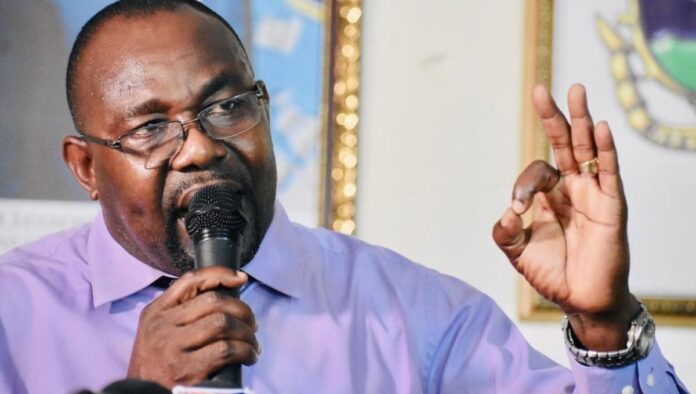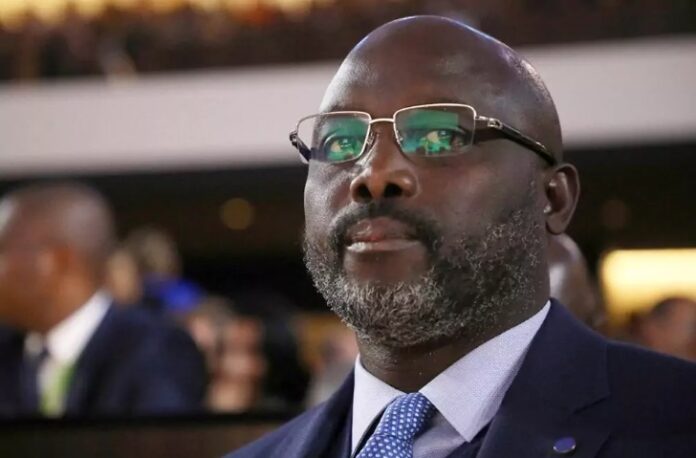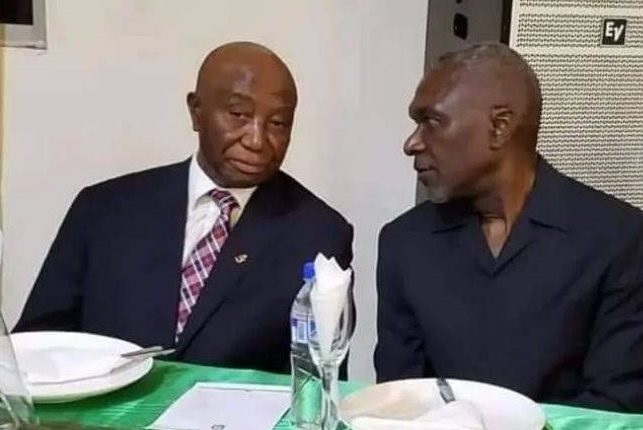MONROVIA – In a recent statement on a local radio station, Eugene Fahngon, a spokesperson for presidential candidate Joseph Boakai of the opposition Unity Party, reaffirmed Boakai’s unwavering determination to tackle corruption in Liberia if he emerges as the winner in the upcoming presidential race.
Fahngon emphasized that Boakai’s commitment extends not only to members of the current administration but also to individuals who have been both sanctioned by the United States and elected to the legislature in the recent elections.
Fahngon’s remarks underscored Boakai’s strong stance against corruption, highlighting his intention to hold accountable those involved in corrupt practices throughout the country. Boakai firmly believes that combating corruption is essential for the progress and development of Liberia, and he aims to address the systemic issues that have perpetuated this problem.
The spokesperson’s statement resonates with the growing demand for transparency and accountability among the Liberian population. Many citizens feel frustrated by the perceived lack of action against corrupt officials and view Boakai’s anti-corruption agenda as a potential catalyst for meaningful change.
While the final results of the presidential race are yet to be announced, Boakai’s promise to combat corruption has generated significant interest and will likely be closely monitored by the public and international observers should he be declared the winner.
The fight against corruption remains a crucial issue in Liberia’s governance and development, and the actions of the future government will be instrumental in shaping the country’s future.
“Joseph Boakai’s Corruption Fight Will Have No Boundaries”, Eugene Fahngon re-emphasized.
Speaking on Spoon Radio last evening, he expressed the candidate’s determination to hold individuals accountable for their involvement in corrupt practices, including prominent figures such as Nathaniel McGill and Bill Twehway. Both McGill and Twehway have been subject to U.S. sanctions due to their alleged roles in corrupt activities during President George Weah’s government.
According to Fahngon, Boakai’s anti-corruption agenda goes beyond targeting specific individuals. He aims to address the systemic issues that have allowed corruption to persist and undermine Liberia’s development. Boakai believes that corruption has hindered progress in various sectors and has had a detrimental impact on the lives of ordinary Liberians, he said.
Boakai’s commitment to tackling corruption aligns with the growing demand for accountability and transparency in Liberia. Many citizens have expressed frustration over the perceived lack of action against corrupt officials and are hopeful that a Boakai presidency would bring about meaningful change.
It is important to note that these statements come in the midst of a highly contested election, and the final results have yet to be announced. Boakai’s promises to combat corruption and hold those responsible accountable will likely be closely watched by the Liberian public, as well as international observers, should he be declared the winner of the presidential race.
As the electoral process unfolds, Boakai’s commitment to tackling corruption serves as a beacon of hope for many Liberians who yearn for a government that prioritizes transparency and accountability.







